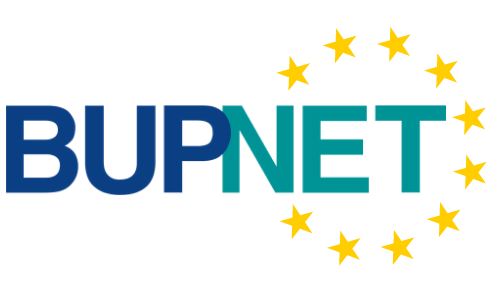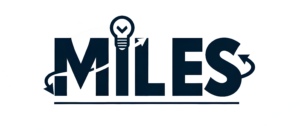To effectively enhance digital literacy in Germany’s educational system, addressing several identified challenges is paramount:
- Resource Allocation: Ensuring equitable access to digital tools remains a challenge across schools. Disparities in funding and infrastructure hinder some institutions from providing essential resources for effective digital literacy education.
- Teacher Training: While ongoing professional development is crucial, the current landscape shows varied levels of preparedness among educators. Many teachers lack sufficient training in integrating media and data literacy into their teaching practices, highlighting the need for comprehensive and accessible training programmes.
- Curriculum Integration: Despite efforts, integrating media and data literacy into the core curriculum poses challenges. Bureaucratic barriers and the rigid structure of existing curricula often inhibit the systematic incorporation of these critical skills across subjects and educational levels.
- Integration of subjects: So far, the focus of efforts has been primarily on the digitalization of school offerings and media equipment in school lessons. This neglects the fact that digital education cannot be thought of without political education – and vice versa.
- Tackling Disinformation: Developing effective strategies to combat disinformation remains a pressing concern. Students face difficulties in discerning credible sources from misinformation and propaganda, necessitating targeted educational approaches that empower them with critical thinking skills.
- Parental Involvement: Engaging parents in digital literacy initiatives presents challenges as well. Varying levels of parental understanding and involvement in their children’s digital education underscore the need for inclusive strategies that foster collaboration between schools and families.
By addressing these challenges holistically, informed by both desk research findings and insights from interviews with stakeholders, Germany can forge a more robust framework for digital literacy education. This approach aims to equip students with essential skills to navigate the digital landscape responsibly and confidently.

